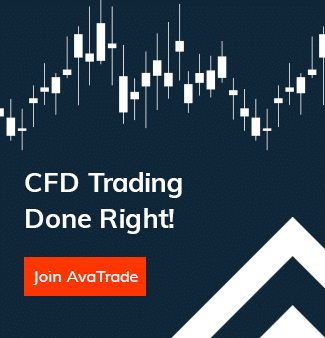Economic Calendar – Explore Trading Global Events
The Friedberg Direct global Economic Calendar comprises routine financial events which affect the financial markets. Skilled traders anticipate these events and plan their trades in accordance. Each of these events can create changes in different instruments’ value, usually on a smaller scale.
What is an Economic Event
The events on the Friedberg Direct economic calendar are pre-scheduled, and include statements made by countries and other leading players in the financial arena such as central banks, the International Monetary Fund (IMF) and others. A declaration stating the monthly unemployment rate of a country, for example, can cause fluctuations in the local currency value.
The preference of central banks and other major players is towards a calm and stable market, and in this way most instruments usually act. However, sometimes events can create major waves greatly impacting the financial markets.
The Importance of an Economic Calendar
When using the economic calendar, traders gain a better understanding of market changes, along with the reasons why and a prediction of by how much the market will change as well as a look at past events that have altered the markets and by what percentages.
Why use an economic calendar
- Traders can track occurrences of market moving events and measure their effects
- Anticipating major market events and act on their performances
- Stay well informed on crucial market movements that can affect your open trades
- Follow key economic and non-economic indicators
- Events that influence the movements of a particular currency can be closely monitored
Fundamental Analysis for Economic Calendar
Experienced traders know how to plan and perform their trades according to the calendar both prior to and following the events. Using the economic calendar is part of fundamental analysis, trying to predict which way the market will go in order to make informed and wise trades.
Before an event from the calendar takes place, the trader will study the general state of the economy, review similar past events and more. Based on those factors and others, he will try to speculate the effects that the event will have on various instruments. This is the basis of fundamental analysis – predicting the market trends based the current financial situation, past patterns and volumes etc.
Some traders, usually more experienced ones, will open positions before the financial event. If such a trader speculates that the announcement will bring to a rise of the instrument’s value, he will open a buying position prior to it, in order to sell it once it goes up and take profit. Other traders, however, will linger with their trades until after the announcement as part of their risk management.
Example
On the first Friday of every month, the U.S. Bureau of Labour Statistics releases the overall number of employees in the US, excluding some fields such as government workers, agriculture and non-profits. This report is called the ‘Non-Farm Payroll’. It reflects approximately 80% of the US working force. Financial news desks and companies post forecasts relating to this announcement.
This triggers attention by traders, anticipating the announcement, trying to predict and plan trades. Once announced, traders compare the report to their speculations before the release. If the rate is better than forecasted relevant markets will experience a rise. A higher unemployed number, however, will cause most markets to decline. The non-farm payroll can affect the many other fields such as costumer consumption rate, stocks and more. This is why it is considered an event with major financial influence.
It is important to bear in mind that any trends that occur after the event is also influenced by many other factors. There is no certainty the market will react the exact same way every time, since there are many other elements that affect it.
Friedberg Directs’s Economic Calendar
It is would be wise for all traders, regardless of the instrument, to follow the Economic Calendar closely. As seen in the example given, any event could affect several instruments. Trading side by side the calendar will help you understand the market and stay on top of it. Accompanied by time and practice, the calendar can improve your fundamental analysis and predictions based on upcoming financial events.
It’s time to open an account and start trading based on upcoming economic events!







